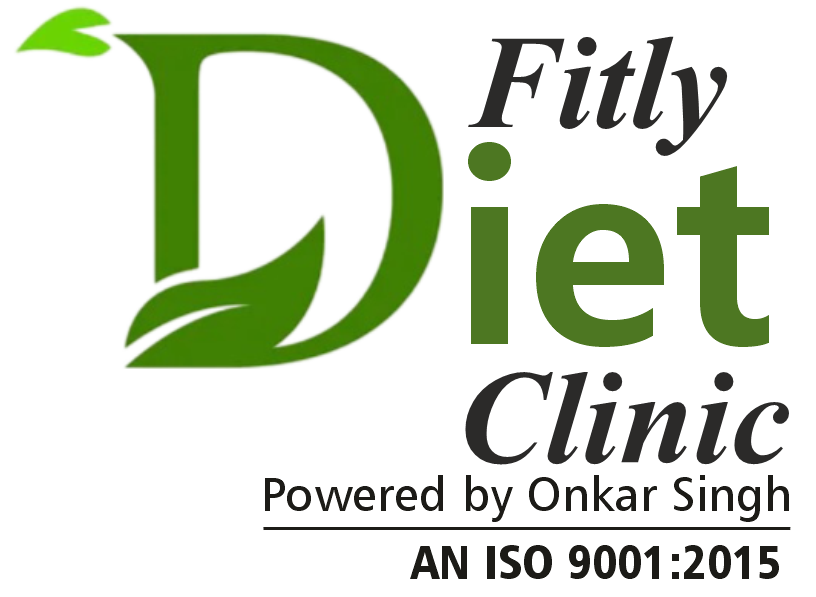Lactation Diet Plan
A Healthy Mother raises a healthy baby. Whether you are a new mom or a soon to be mom, this article demystifies your nutritional needs. Learning about the do’s and don’ts of this phase will help you structure a system, that aids your recovery. While it is common to overlook a mother’s diet in the hullabaloo of getting adjusted to parenting, it is an error that triggers severe health problems in the long run. With the sample charts in this article, it will be easier to understand and simplify your day to day meals.




